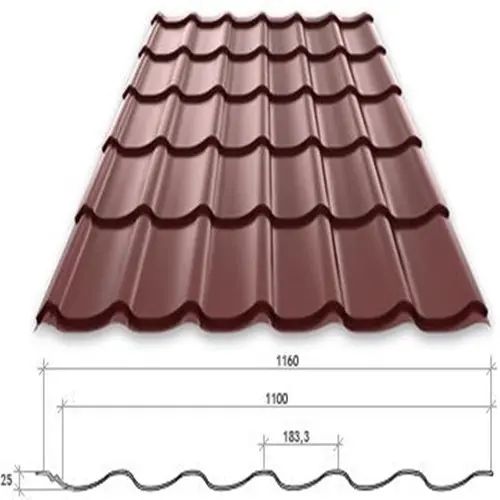
Understanding Rebar Threading Machines Enhancing Construction Efficiency
In the realm of construction and structural engineering, the use of rebar (reinforcing bar) is pivotal for enhancing the tensile strength of concrete structures. An essential aspect of utilizing rebar effectively is ensuring that it is properly prepared, which is where rebar threading machines come into play. These machines have revolutionized how rebar is processed and joined, leading to significant efficiency improvements in construction projects.
What is a Rebar Threading Machine?
A rebar threading machine is a specialized piece of equipment designed to create threads on the ends of rebar. This threading allows for the rebar to be coupled together using connectors, forming a stronger bond that is essential for various construction applications. The machined threads can be used in numerous configurations, including splicing or joining sections of rebar to ensure structural integrity.
The Importance of Threading in Rebar Applications
Threading plays a critical role in the construction industry for several reasons
1. Strength and Durability The primary function of threading is to enhance the structural strength of concrete. When rebar is interconnected through threaded connections, it forms a continuous reinforcement, significantly improving the durability of the structure.
2. Ease of Installation Threaded rebar connections are easier and quicker to install than traditional methods, such as welding or using couplers. This efficiency can save valuable labor hours on construction sites, ultimately reducing project costs.
3. Flexibility in Design With the ability to easily connect various lengths and types of rebar, threaded systems offer increased design flexibility. Architects and engineers can create more complex and resilient structures that meet specific project requirements.
4. Reduced Waste The precision of a rebar threading machine minimizes waste, as it allows for the exact length and threading needed for each specific application. This not only conserves materials but also minimizes costs.
How Does a Rebar Threading Machine Work?
Rebar threading machines operate using a relatively straightforward process
. The rebar is placed into the machine, which then performs the following steps
1. Cutting The machine first cuts the rebar to the desired length.
2. Threading After cutting, the machine threads the ends of the rebar. This can be done using various thread profiles depending on the project specifications.
3. Quality Control Many machines are equipped with built-in quality control features that verify the accuracy of the threading and ensure that it meets industry standards.
This automation not only speeds up the process but also enhances consistency and accuracy, leading to fewer errors on the job site.
Types of Rebar Threading Machines
There are several types of rebar threading machines available, each suited to different needs
- Portable Threading Machines These are ideal for job sites where space is limited. They are lightweight and easy to transport, making them perfect for field applications.
- Stationary Rebar Threading Machines These machines are more robust and are typically used in manufacturing environments where high volumes of rebar are processed. They offer high-speed threading capabilities and can handle larger diameters of rebar.
- Hydraulic Threading Machines Hydraulic machines provide significant power and can handle heavy-duty threading tasks with ease. They are often used for larger construction projects where the rebar sizes are substantial.
Conclusion
In conclusion, rebar threading machines are indispensable tools in modern construction. They streamline the process of preparing rebar, making it faster, more efficient, and more reliable. As the construction industry continues to evolve, the importance of advanced machinery like rebar threading machines will only increase, contributing to safer and more durable structures. Embracing this technology not only enhances productivity but also offers significant long-term benefits to construction projects, making it a wise investment for any contracting business.